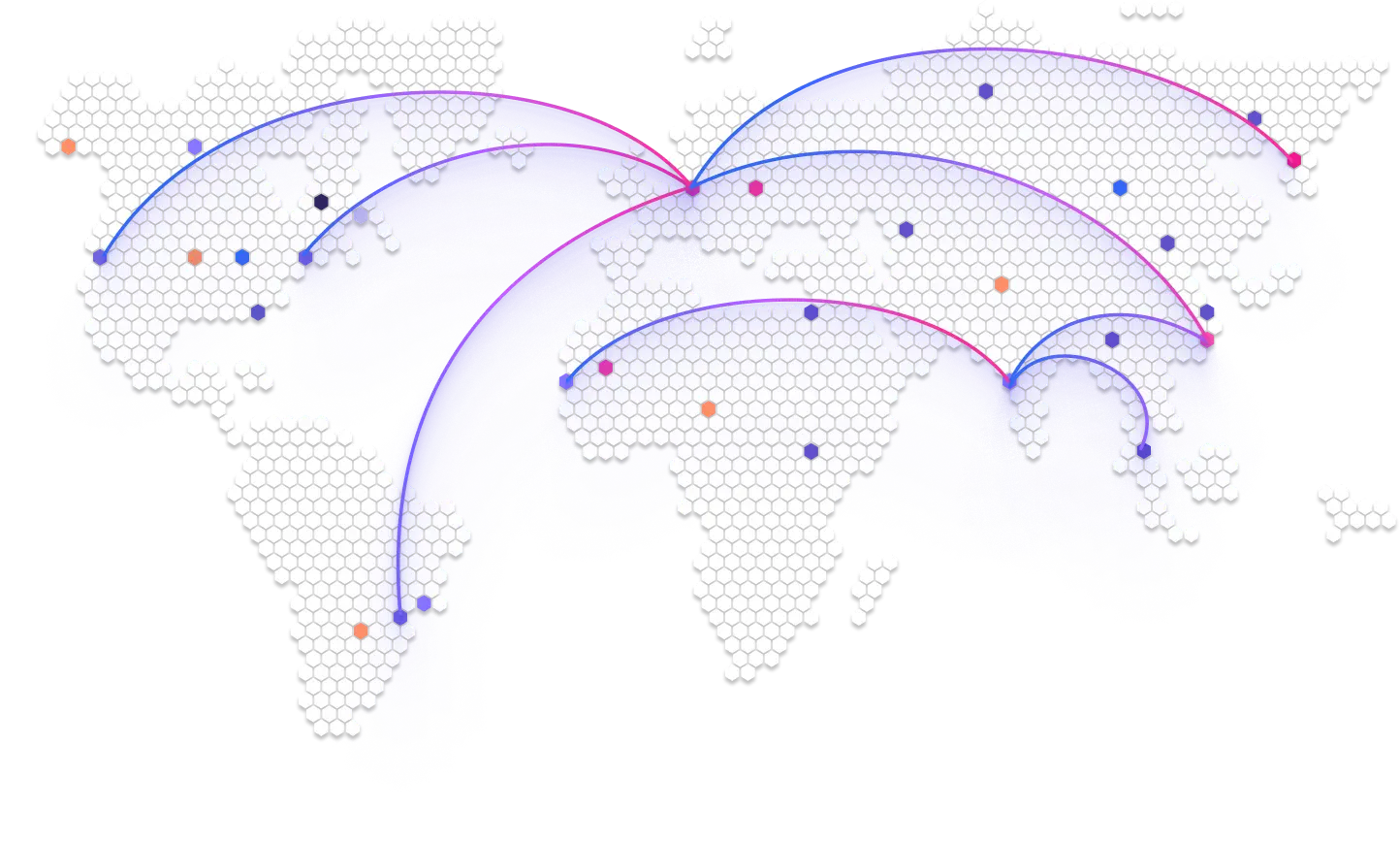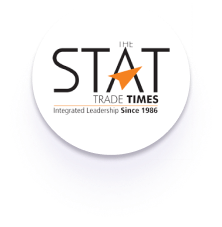Data Security at our core
State-of-the art security technologies and secured data centers, along with strict governance to restrict access to data.
Continuous delivery for a joint innovation journey
We release features and improvements recurrently to help you stay ahead of industry shifts.
Worry less, book more
We offer scalable, robust and secured products that increase efficiency for our customers.
Thriving community
We drive thousands of conversations with our customers every month. Join our community that drives alliance between proficient forwarders with accomplished airlines.
Education and training
We stay ahead of industry trends and keep our customers fully up-to-date with digital sessions, webinars, innovation sessions and inspiring customer events.
Here to help you, anytime
Everything we do at CargoAi starts with you. Our global team is ever approachable to assist you and answer your questions.










